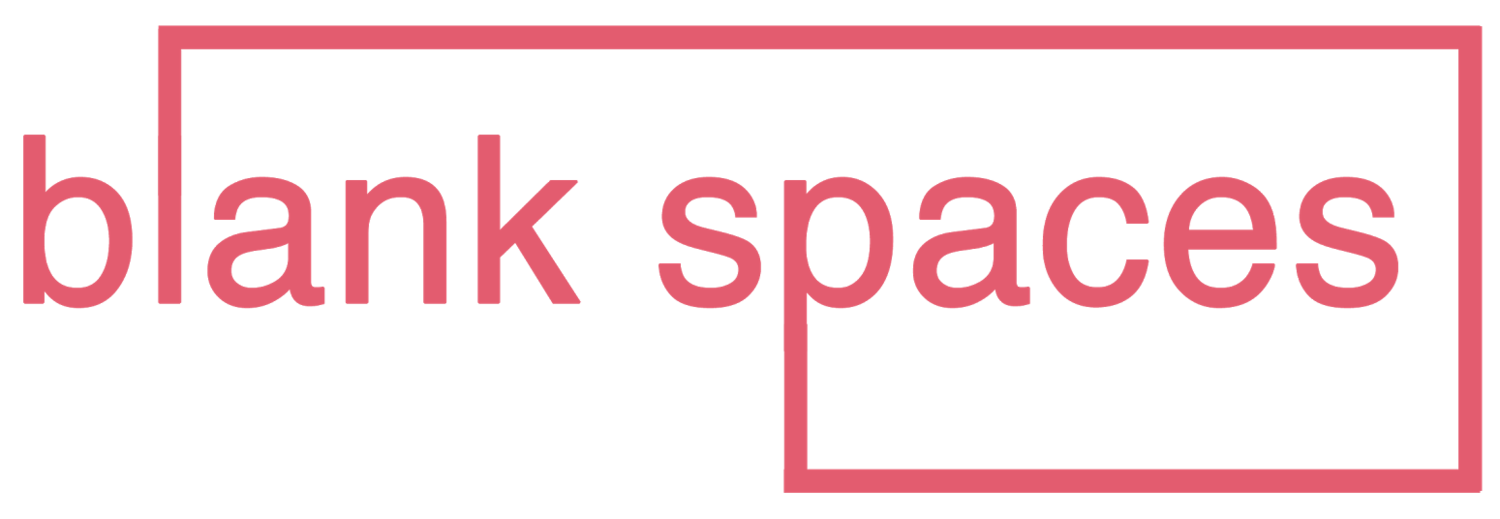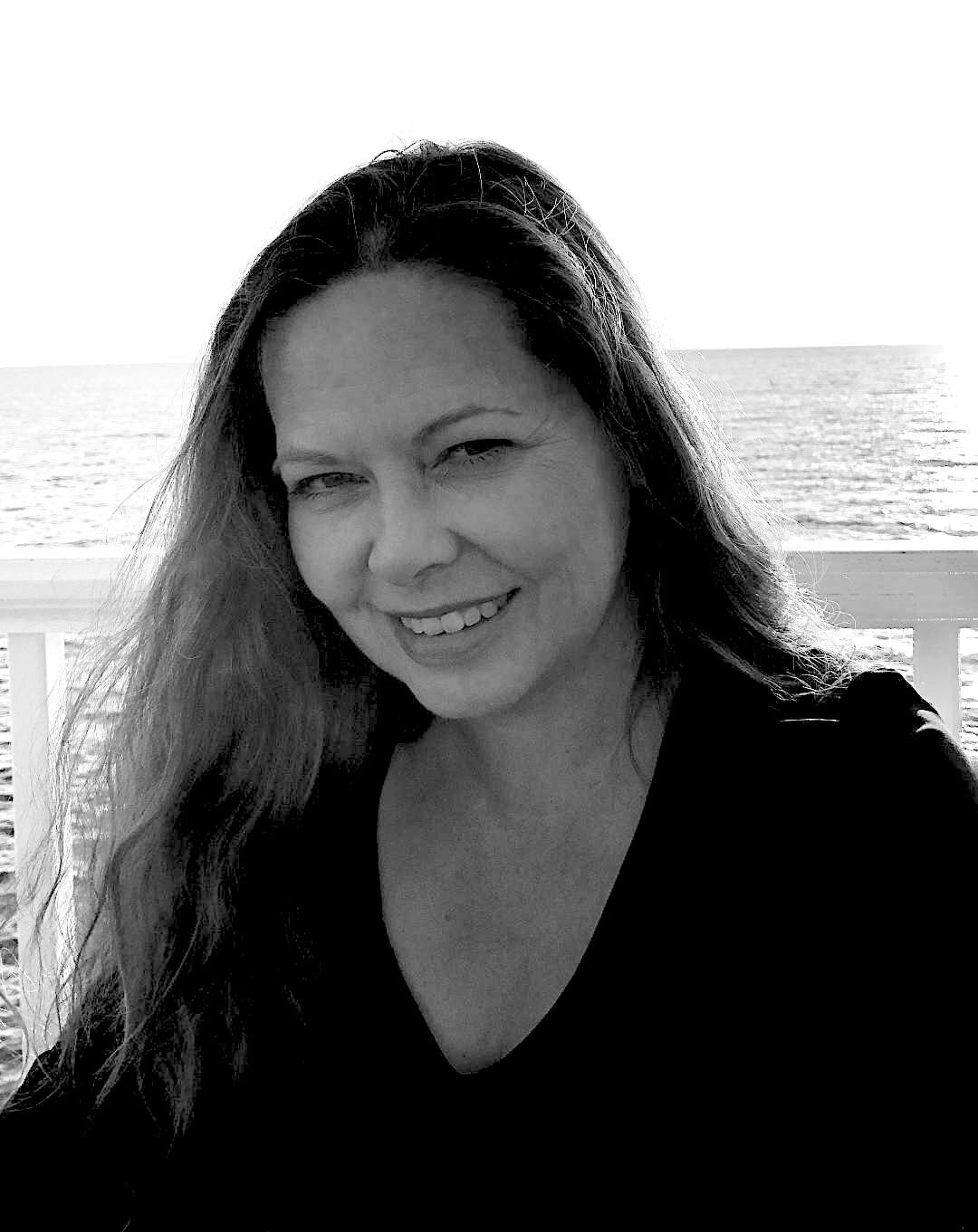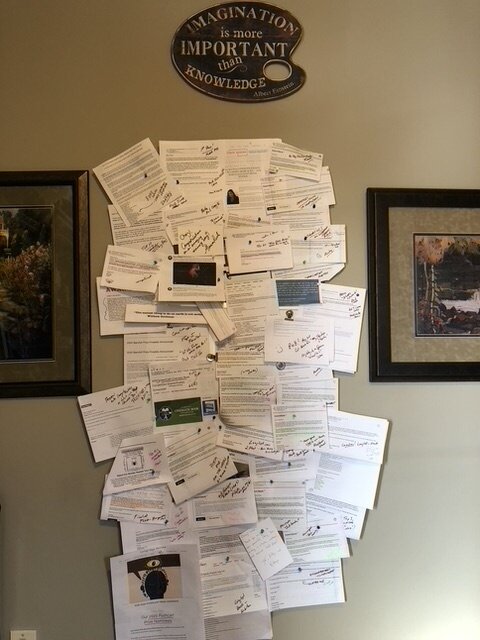Coffee Chat with Cheryl Skory Suma
Pour yourself a nice steaming cup and settle in to get to know Cheryl Skory Suma a little better.
Tell us a bit about yourself. Who are you? Where are you located? Do you have a day job?
I’ve lived in the greater Toronto area all my life. I wrote stories and poetry from a young age. As a little girl, I read multiple books a week (many under the covers with a flashlight after bedtime!) However, my parents’ careers (doctor and nurse) influenced me greatly, and I chose a different career path.
I ended up in healthcare, first as a Speech-Language Pathologist (the only medical career I could find that still involved a love of language), and then later, as a CEO of a rehabilitation services company. After a traumatic brain injury in 2012 forced me to make the difficult decision to sell the company I’d founded, I returned to my first love, writing, as part of my recovery process.
The head injury turned out to be a gift in many ways — it forced me to slow down, listen more. I also think I became a better mother (for more on this, readers can check out my creative nonfiction piece at nightingaleandsparrow.com). So, professionally, I guess I'm retired in terms of the career I trained for, but in my mind, I consider myself a full-time writer. I’m married with two teens (my daughter just began university, my son is in grade 11) and against all better judgement, we just added a puppy to our lives this winter, so I’m a new mom too .
Trivia about me: I love to cook! I think it feeds (bad pun intended) my creativity and nurturing gene — I love to care for people, to give them a positive or fun experience. I enjoy trying new recipes, experimenting with foods from different cultures. Before Covid/quarantine, I did a lot of hosting, including a ladies-only holiday party for 40-55 ladies each year, and I did all the cooking myself. I wouldn’t say I’m a “Masterchef,”, but my skills have come a long way, and I am able to modify recipes/create my own. Perhaps one day I’ll write a cookbook!
How do you take your coffee? Until six months ago, I would have said, “With caffeine!” Unfortunately, doctor’s orders forced me to decaf, so now my blood pressure is fabulous, but I’m half asleep all the time.
What Blank Spaces issue were you first published in? Volume 4, Issue 4, June 2020.
When did you first know you wanted to write? I fell in love with reading and writing early. I recall my grade two teacher assigning a one-page story, then begging him the next day for an extension so I could complete the story I’d started — he saw the eight pages I’d already written and kindly said to hand it in whenever it was done. I kept a journal as a child and teen. I managed to write a lot of bad poetry by the end of high school! I never stopped writing all through my undergrad and Masters degrees. Writing was always there, even if only on the sidelines until recently.
What are you reading right now? What is it about and what keeps you coming back to the pages? Without getting too personal, a family member of mine has been battling cancer, so between life’s demands and trying to find time to write, I don’t have the space to appreciate a novel at the moment. What I am reading every day are short stories, poetry, and flash — anything I can consume in one sitting. I often tell people that I wish I had the time to re-write my first novel, so I could apply all I’ve learned from reading and writing flash since then! I think the ability to tighten up your writing, to create an emotional connection and a full story arc in such a short space, is a gift. I’ve come to realize that some of the novels I have enjoyed in the past were written as if they were flash, in a way. I’ve tried to learn from that observation, and I’ve been striving to expand the type and style of work I read in order to learn more.
What role has Blank Spaces played in your creative journey? I self-published my first novel in 2014, just two years after my head injury. At the time, I saw it as more of a gift for my young children than something I wanted to send to a publisher. I was also writing poetry, short stories, and had begun work on a second novel, but I wasn’t sending my work out to journals, literary magazines or publishers. In 2019, I decided to enter a few competitions—testing the waters, I suppose. I found Blank Spaces Magazine through an online search for Canadian journals and thought it was lovely, and when looking at submission opportunities, I really took to the idea of the image prompt challenge. I entered a few times that year, making the shortlist that spring and fall, but the third time was the charm — my piece was selected as the winner for the spring flash writing prompt challenge and appeared in the June 2020 issue. It was my first fiction work to be published in a journal or magazine, so I was excited! I even shipped a copy to a grade-school friend in France, and proudly display the magazine in our living room to this day. I’ve had multiple publications since then, but I’ll always hold a special fondness for the first literary magazine that gave my work a home.
Tell us a little about the piece Blank Spaces published and how it was received by family, friends, and the greater community? The title of the piece is a mouthful, “Floccinaucinihilipilification.” I’d been saving the word for a while; I wanted to write a short story about human resilience and childhood trauma, and I thought that unusual word would make a great centre to build the piece around. The word means the act, or habit, of estimating something (or someone) as worthless. When I saw the writing prompt image of the open guitar case lying on the street, something just clicked, and the story started pouring onto the page. I’ve written a lot of flash over the last year, but I still feel quite happy with how that particular piece turned out, and I’m glad it found a home at a quality publication like Blank Spaces. I’ve had a lot of positive feedback on the piece and appreciate all the support I’ve received from the writing community these last few months.
Describe how you see the landscape of Canadian publishing. Wish there was more of it! It’s been my experience that it is a little harder to get your footing here. Opportunities for new writers are plentiful and easily accessible elsewhere (US, UK)—I would love to see the Canadian writing community expand their window for new voices in a similar way. While many journals strive to publish a mix of new and established voices, I think we’re more challenged in Canada in terms of the variety and number of opportunities out there, and not just because we’re a smaller market. There’s room for growth, both print and online. Many successful writers were first ‘discovered’ or published by smaller presses or journals, so we need to support our indie magazines and journals; to ensure those platforms continue to be available! While I greatly appreciate the reception and support I’ve found outside of Canada, everyone wants to make their mark at home. Blank Spaces has been one such great opportunity for me, but I hope, over time, we’ll see many more such magazines offered across Canada.
Why is Canadian content important? Wow, great question. So many ways to go with this. First off, I’d say our Canadian cultural mosaic is a unique experience compared to many other parts of the world. Not saying we’re special (we have our challenges here too), but there are certain aspects to growing up or living here that can influence a writer’s perspective in a positive, global way. Next, we have a lot to be thankful for (for example, all the open spaces/access to nature we enjoy!); I’ve read so many unique stories by Canadian writers that reflect on that experience. I think Canadian writers can offer a different perspective, and I believe there are readers/consumers for Canadian content beyond our borders that haven’t been tapped.
In terms of my professional background, I also think Canadian content could take on a significant role in engaging our youth. I just read an article by the CBC that stated that almost half of adult Canadians struggle with literacy, which was not surprising to me as a past Speech-Language Pathologist but was still a sad statistic to have confirmed. (I’ve presented as a guest speaker on this topic, including at the Ontario Library Association Conference several years ago). We need to foster reading and writing skills in our youth to help close this literacy gap. Obviously, this is a global issue, however, I think Canada is particularly well suited to take on this challenge. Separate from our education system, I believe that by supporting and encouraging new voices from a variety of backgrounds and experiences, and exposing our youth to more writing opportunities, we could help engage the readers of tomorrow.
Where has your creative journey taken you since being published in Blank Spaces? When I first got back into writing as a full-time passion, I focused on fiction. Blank Spaces was a great venue to test my flash fiction work. Prior to my publication there, I’d written two fiction novels and a little flash (several of which have since been published or shortlisted in competitions across the US and UK). However, interestingly, most of my more recent publications/competition placements have been in the area of creative nonfiction. I initially only entered competitions, but I’ve begun submitting my work to regular submission categories at various journals, and I’ve been pleased with the response. I’m currently working on both a short story collection and a creative nonfiction collection. For my most recent work you can check out creative nonfiction at nightingaleandsparrow.com and longridgereview.com (this piece received a Pushcart nom), and for flash, spiderroadpress.com .
What does your writing process look like? I’m lucky enough to have my own office space in my home. There’s a lot of advice out there about having a schedule or writing “x” hours a day, but I don’t worry about the time so much — as long as I wrote something. I tend to hunker down right after breakfast and stay there until dinner, but with a lot of interruptions and chances to stretch my legs (family, dog walks, cooking, laundry). I like to ease in with some edits in the morning, and then I’ll work on a few shorter pieces and end the day picking away at a larger project (next novel, next long fiction piece, etc). I like to work on multiple projects at once — I find it aids the muse – I try not to worry about the volume accomplished per day as much as I tend to follow where the words take me. This means that I don’t always make contest or submission deadlines (because the piece I thought would fit just isn’t speaking to me at the moment), but I don’t sweat it. I just work on something else. If I feel my day is becoming unproductive, I’ll read. I have several literary journals that come to my home, plus my writers’ network on Twitter frequently posts links to great pieces online, so there’s always something to read if I can’t write. In the end, it still feels like a win, as before I sold my health-care business, I had no time to write or read, ever!
How do you invest in your writing goals? I haven’t purchased any writing tools or apps (other than Grammarly Prime – we don’t always agree-it hates passive voice for example- but it can be helpful!). I have invested in some journals, and I’m not averse to paying a submission fee if I think the journal or competition is a potential fit for my work. In the end, my investment is more in myself — in a positive attitude toward my writing process and finding ways to stay motivated. One such example is through the feedback and encouragement I’ve received from literary journals and publishing houses over the last two years since I began this journey. A year ago, I started printing off the positive feedback and accomplishments I received, then pinning them up on my office wall; this serves as a reminder that someone loved my words! It helps keep me going; so I can keep plugging away when the rejections start to pile up.
Cheryl’s ‘motivation wall’
If you could tell your young creative self anything, what would it be? Find the time. My first novel took years to write while I was managing my own business (it never got beyond 5,000w), then when I sold the company, I finished it in six months. I was always a story-teller, but since I’ve put in the time, I’ve learned so much and improved my writing skills. I wish I’d invested the time sooner in my writing and in the opportunity to learn from others.
What do you tell yourself every time it gets hard and you want to quit? I have a few quotes on my office wall. One is William Goldman (The Princess Bride, All the President’s Men): “The easiest thing to do on earth is not write.” Another is Albert Einstein, “Imagination is more important than knowledge.” I love to imagine and create, yet writing is impossibly hard to get right. But, I do it anyway. I’ve never taken the easy way out, so why start now? If I can build my own successful business, I can do this. Anything of value takes work. Keep learning, celebrate improvement. Take joy in the process. Show gratitude to those who support and encourage you.
Who do you think makes a better writer: an empath or a pragmatist? Why? I believe we all have stories to tell. Different stories will resonate with different people. Anyone can find their audience. The key is just to do it, keep at it, edit, seek feedback, but get writing! It always makes me smile in that unattractive, pained way when people say to me (after learning I’ve had pieces published and wrote two books), “I was going to write a book.” Then do it! Don’t diminish the effort it took to get the job done. It’s harder than it looks, but even more so if you never start. Even if it isn’t a huge success, your next effort at writing will be that much better because you put in the time to at least try — consider it a learning experience. Not quite the question you asked; what I’m trying to say is both could be the better writer, or neither. Their styles will likely be different, but whoever writes — whoever works at writing — that’s who will become the better writer.
What advice do you have for writers struggling to break into the industry? I’ll let you know when I break in :). If I could offer any advice based on my experience (other than reading my answers to some of the questions above), I’d say: keep at it, don’t be too hard on yourself, seek opportunities for feedback (and then actually take it to heart), remind yourself of your successes whether big or small, find your writing community, read, edit, edit, edit, and keep submitting! I’ve had many more rejections than I’ve had publications, but it just makes the acceptances all the sweeter.
What are your creative goals? Where do you see yourself in five years? I’m working on putting a package together to send out to literary agents. Not sure of the timing of it all or how much more I want to pad my resume before that next step, but I’d love to find representation. Based on the research I’ve done it might be better to have that introduction rather than submitting cold to publishers.
What are you currently working on? As I mentioned in my response regarding my writing process, I tend to nibble away at several projects at once.
Multiple flash fiction and short story pieces.
Several creative nonfiction pieces
Beginnings of a new novel.
Edits of my second novel for a US competition (I can’t send it without applying all I’ve learned these last few months!)
A collection of short stories and a creative nonfiction collection. 6. Trying to submit more work to literary journals monthly (I only started seriously sending my work out about eighteen months ago, but I’m picking up steam!)
What should we be watching for from you? If all goes well, a short story collection out by 2022! Stay tuned.
If you’re a past Blank Spaces contributor and would like to be featured in a virtual coffee chat, please complete our online interview form.
Cheryl’s work can be found in one of our beautiful anthologies as well as back issues of the magazine.
Read Cheryl’s second place story, Weightless Words Meant for Letters, from the September 2020 contest.






